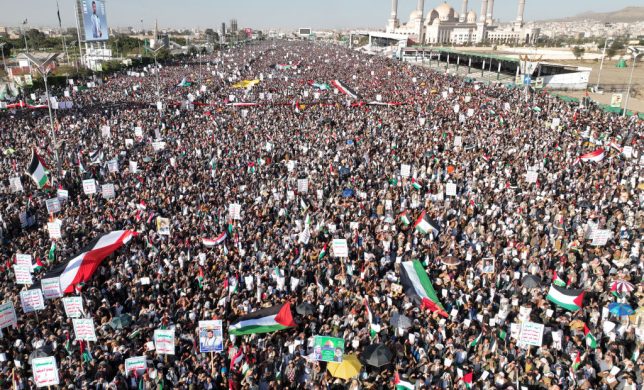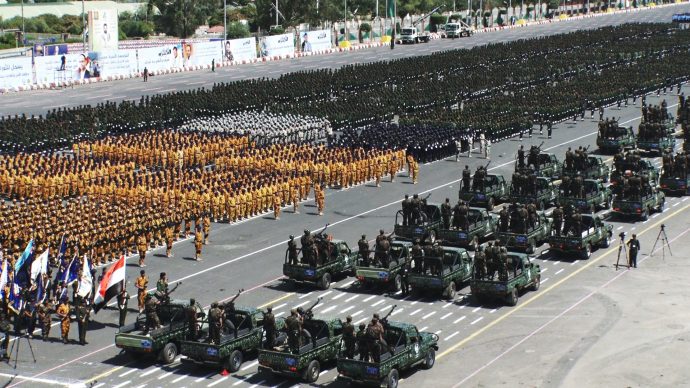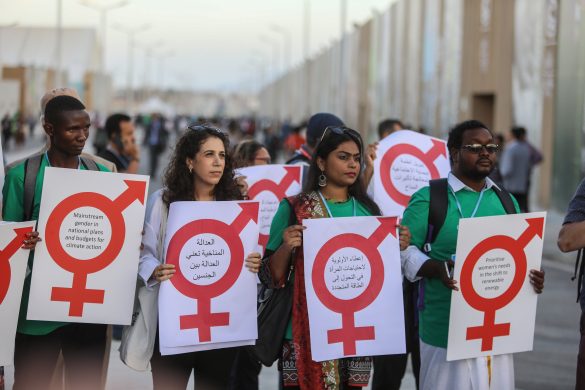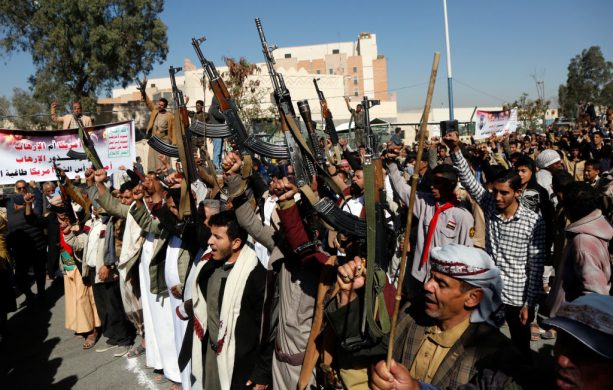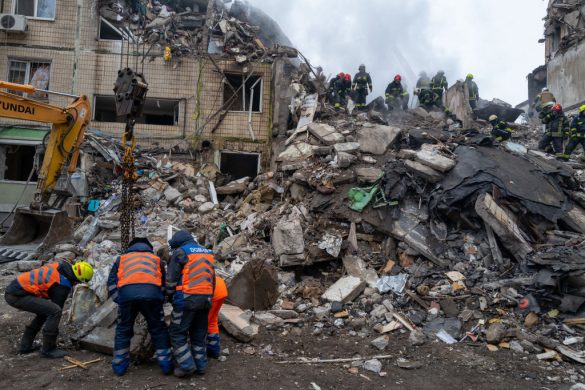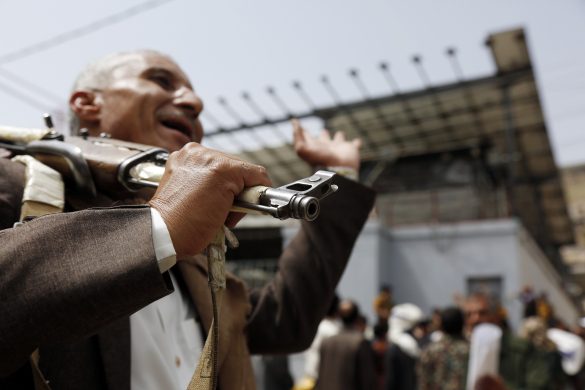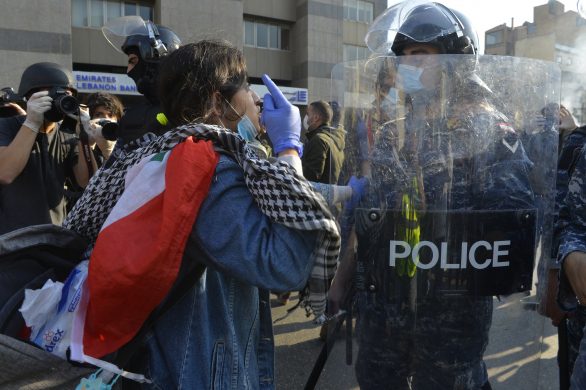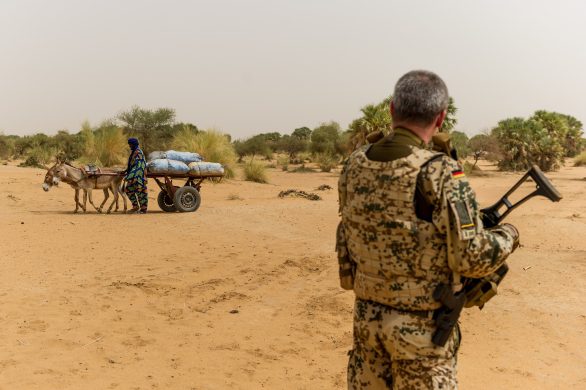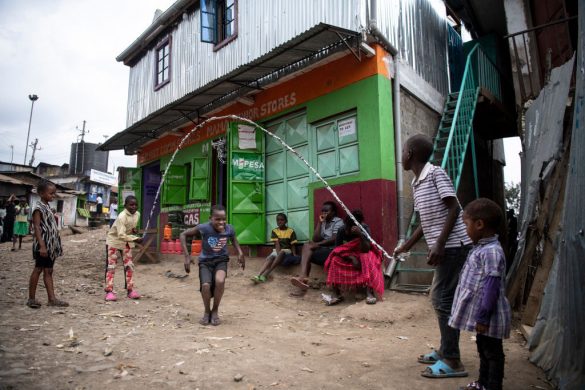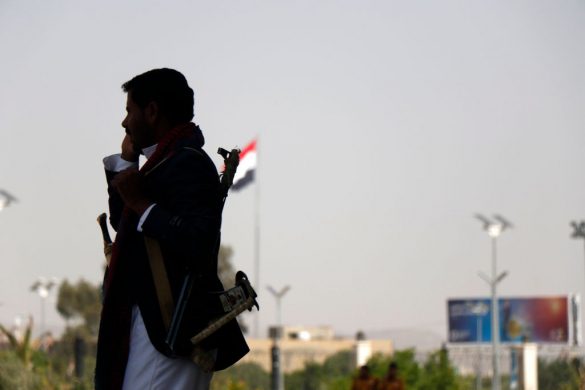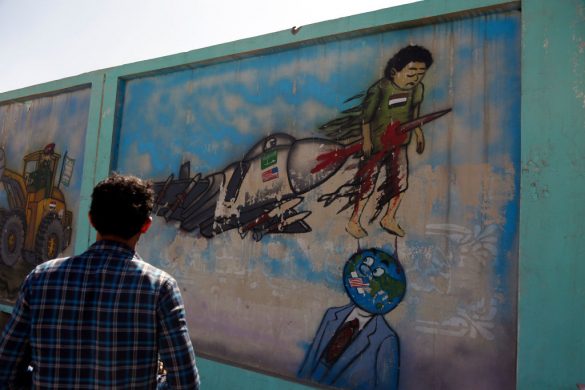LONDON, 18 August 2015 (Amnesty Internatioanl): Saudi Arabia-led coalition airstrikes and attacks by pro and anti-Huthi armed groups in Ta’iz and Aden in Yemen have killed scores of civilians – including dozens of children – and could amount to war crimes, Amnesty International has revealed in a new briefing published today.
‘Nowhere safe for civilians’: Airstrikes and ground attacks in Yemen highlights the impact of unlawful coalition airstrikes in densely populated residential neighbourhoods, and attacks by Huthi loyalists and anti-Huthi armed groups operating on the ground, who have carried out indiscriminate and disproportionate attacks in civilian areas.
“Civilians in southern Yemen have found themselves trapped in a deadly crossfire between Huthi loyalists and anti-Huthi groups on the ground, while facing the persistent threat of coalition airstrikes from the sky. All the parties to this conflict have displayed a ruthless and wanton disregard for the safety of civilians,” said Donatella Rovera, Senior Crisis Response Advisor at Amnesty International.
“The report depicts in harrowing detail the gruesome and bloody trail of death and destruction in Ta’iz and Aden from unlawful attacks, which may amount to war crimes, by all parties.”
Attacks by the Saudi Arabia-led coalition
Amnesty International has investigated eight airstrikes by the Saudi Arabia-led coalition which killed at least 141 civilians and injured 101 others, mostly women and children, during a research mission to Yemen in June and July 2015. The evidence gathered reveals a pattern of strikes targeting heavily populated areas including civilian homes, a school, a market and a mosque. In the majority of cases no military target could be located nearby.
“Coalition forces have blatantly failed to take necessary precautions to minimize civilian casualties, an obligation under international humanitarian law. Indiscriminate attacks that result in death or injury to civilians amount to war crimes,” said Donatella Rovera.
One resident describing the aftermath of an attack on a residential compound inhabited by power plant workers in Mokha on 24 July said “corpses and heads” were scattered everywhere “engulfed by fire and ashes”, comparing the sight to a scene from “judgement day”. Another local resident told Amnesty International he continued to be haunted by the memories of walking through the“pools of blood and severed limbs” of more than 20 victims.
A coalition attack on 9 July killed 10 members of one family including four children who had sought shelter at a school in north Aden after being displaced from their home because of fighting.
“We came here to escape the war,” the father of three young women who were killed in the strike told Amnesty International, “we had nowhere else to go”.
Another unlawful airstrike on 7 July also killed 11 worshipers at a mosque in Waht, north Aden. Witnesses to an airstrike a day earlier at a livestock market, also in north Aden, gave gruesome accounts of the bloodshed to Amnesty International. One survivor described how a piece of shrapnel slashed open his abdomen, causing damage to his internal organs. Another eyewitness described the scene as “a massacre”. “Body parts and blood of humans and animals were mixed together. It was a very painful sight,” he said.
Attacks by armed groups fighting on the ground
Læs resten af pressemeddelelsen på Amnesty Internationals hjemmeside.



